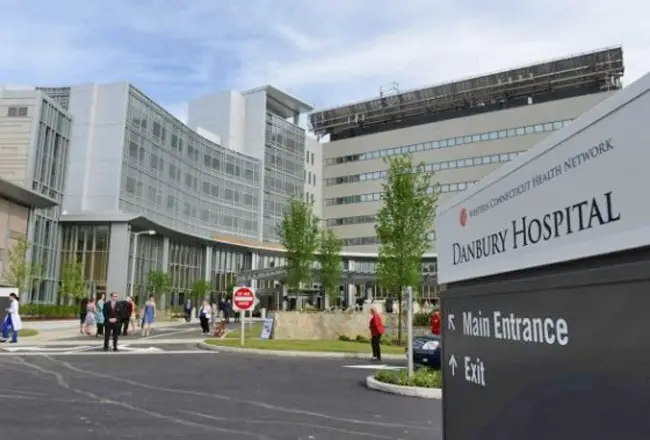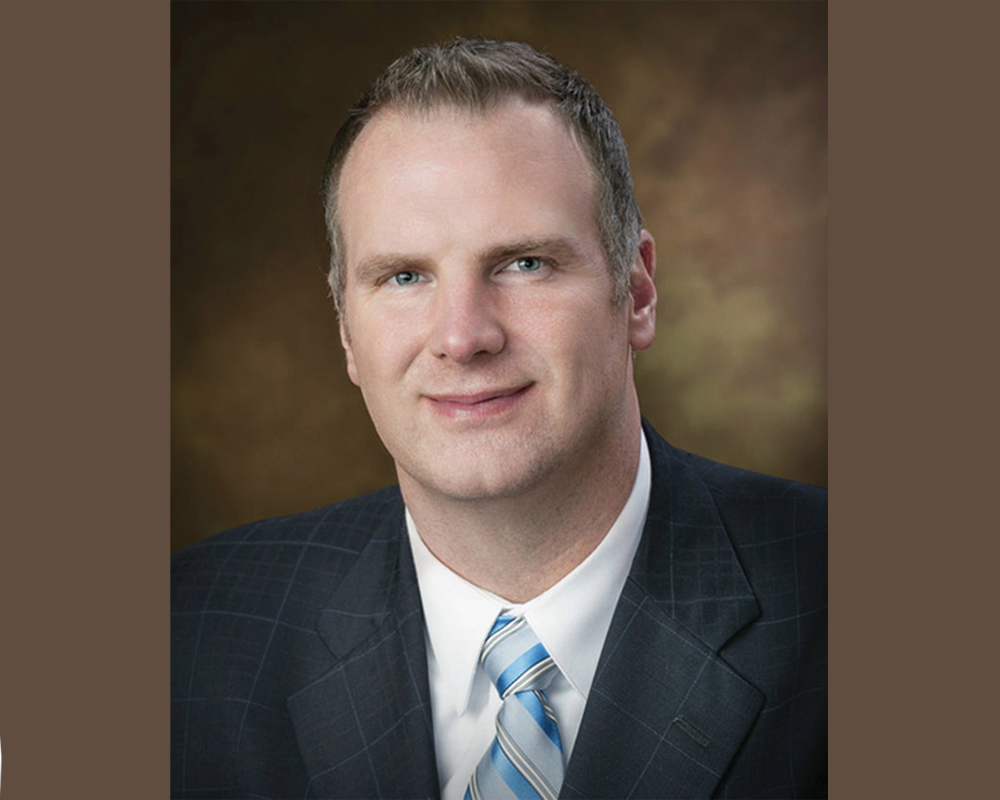Half of Americans over the age of 55 who earn less than $60,000 per year ”“ accounting for 25 percent of households ”“ feel they can”™t afford to cover both housing and health care, according to a new survey conducted by The NHP Foundation, a not-for-profit provider of affordable housing with developments in Fairfield County and plans underway for Westchester County.
 Of the seniors surveyed, 48 percent are “concerned to extremely concerned” that one costly emergency room visit will have a devastating financial impact.
Of the seniors surveyed, 48 percent are “concerned to extremely concerned” that one costly emergency room visit will have a devastating financial impact.
Many in this income and age bracket have trouble affording medicines not entirely covered by private health insurance or Medicare Part D.
Also, 50 percent of respondents have a chronic health condition, requiring regular checkups. However, 25 percent put off recommended medical procedures or appointments due to monetary worries.
And 25 percent of those surveyed consider their health insurance burden “somewhat or not manageable” at all. Lower wage earners are less likely to receive employer-provided health insurance, according to a Kaiser Family report.
The monetary worries expressed in the national senior survey impact Westchester and Fairfield counties where there is a critical shortage of affordable housing. Federal housing statistics for 2016 ”” the last year available ”” show there were 1,750 homeless individuals in Westchester, up 31 percent from 2010. Also, 42 percent of Westchester households are “rent burdened,” which HUD defines as those “who pay more than 30 percent of their income for housing” and “may have difficulty affording necessities such as food, clothing, transportation and medical care.” Severe rent burden is defined as paying more than 50 percent of one’s income on rent.
Only 2.5 percent of Fairfield County”™s housing units are affordable. The average wait time to get on Fairfield”™s housing authority affordable housing or rental assistance program lists is six to eight years. Also, New York and Connecticut are among the top 10 states spending the most per capita on health care costs.
“People see Westchester as a very wealthy county,” said Alec Cecil, a Westchester-based psychologist working with low-income families and seniors, “But the truth is many are struggling to keep themselves housed and healthy in a county where median rental prices for a one-bedroom apartment hover around $1,401, yet many struggle to get by on very low wages or just their Social Security benefits.”
The survey also revealed that 50 percent of respondents ranked “stable housing” and “steady income” as the greatest factors to staying healthy, yet the same percentage is “concerned to extremely concerned” about maintaining stable housing as they age. This information dovetails with Harvard”™s Joint Center for Housing Studies”™ recent look at older adult households. “Housing America”™s Older Adults 2018” showed 50 percent of all older renter households are cost-burdened, and 41 percent of those 65 or older still have mortgages.
“Every new affordable housing unit that we can create for our seniors, giving them the enjoyment of living with their peers, has the added benefit of making the unit where they lived before available for a family,” according to Norma V. Drummond, the commissioner of planning for Westchester County. “Affordable housing is not a one-size-fits-all proposition. We need to create a wide variety of housing opportunities to meet the needs here in Westchester.”
In recent years Connecticut has put significant emphasis on providing more affordable housing in parts of the state with higher housing costs. The state has also favored adding affordable housing in communities where less than 10 percent of the housing is regulated affordable housing. Contributions in the form of property tax relief and/or financial contributions from local sources are also typically required to successfully leverage the private capital needed to create more affordable housing. These sources also allow affordable housing owners to acquire and successfully maintain properties as affordable housing.
Frank Cerbini is a vice president of the New York City-based NHP Foundation. He can be reached at fcerbini@nhpfoundation.org.





















